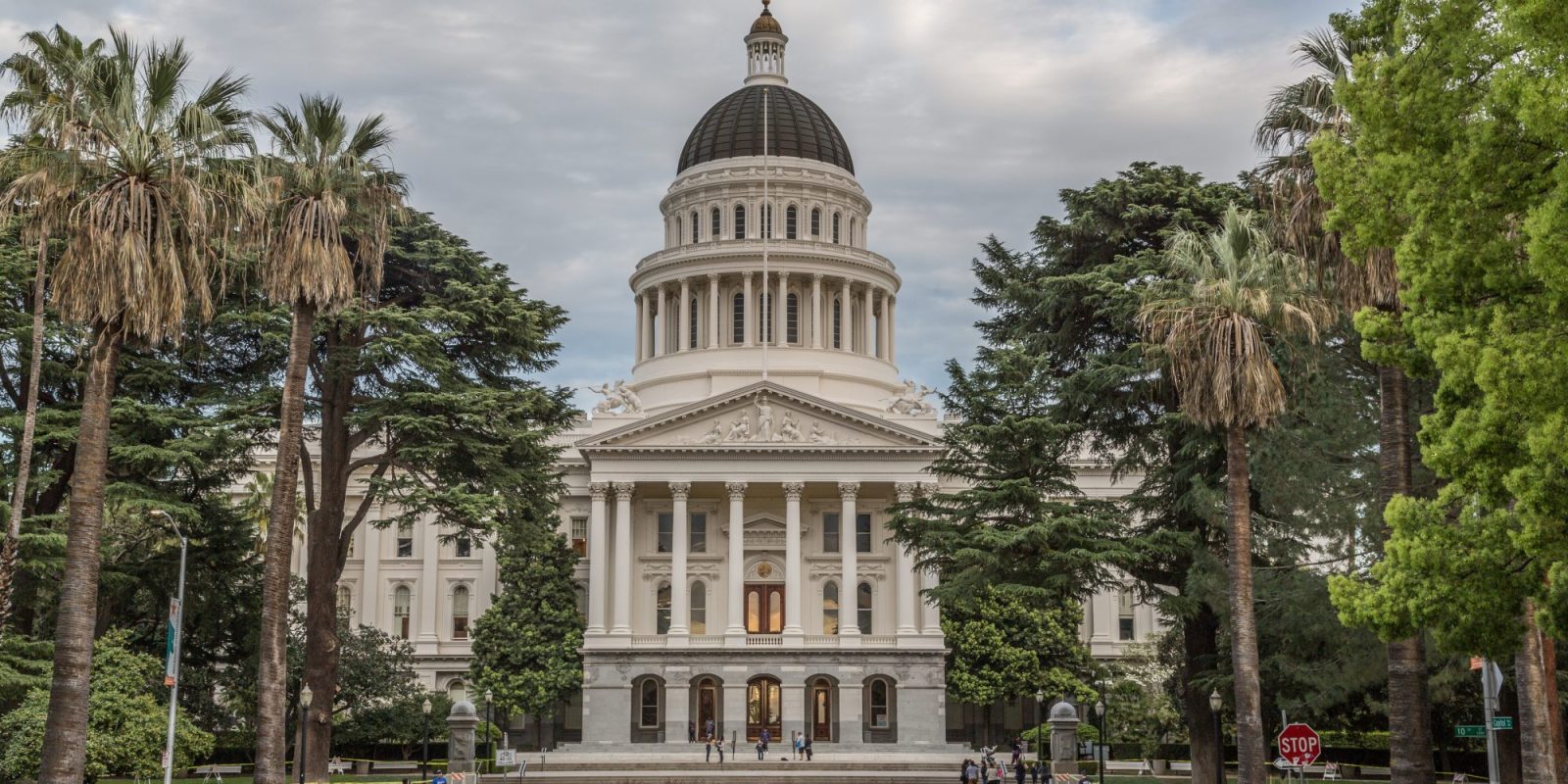
The California Senate dropped a controversial provision of an upcoming solar law which would have broken long-standing solar contracts with California homeowners after significant public backlash over the state’s plans to do so.
For several months now, AB 942 has been working its way through the California legislature, with big changes to the way that California treats contracts for residential solar.
The state has long allowed for “net metering,” the concept that if you sell your excess solar power to the grid, it gives you a credit that you can use to draw from the grid when your solar isn’t producing.
Some 2 million homeowners in California signed contracts with 20-year terms when they purchased their solar systems, figuring that the solar panels would pay off their significant investment over the coming decades by allowing them to sell power to the grid that they generated from their rooftops.
But this has long been a sticking point for the state’s regulated private utilities. They are in the business of selling power, so they tend to have little interest in buying it from the people they’re supposed to be selling it to.
As a result, utilities have consistently tried to get language watering down net metering contracts inserted into bills considered by the CA legislature, and the most recent one was a bit of a doozy.
The most recent plan was asked for by the CA Public Utilities Commission, in response to an executive order by Gov. Gavin Newsom, was authored by a former utility executive, and used some questionable justifications, claiming that solar customers were responsible for high utility bills by shifting costs from solar customers to non-solar customers. Other analyses show that rooftop solar helped save $1.5 billion for ratepayers.
The most controversial point of AB 942 was that it would break rooftop solar contracts early. At first, it was going to break all existing contracts, then was limited to only break contracts if a homeowner sells their home. The ability to transfer these contracts was key to the buying decision for many homeowners who installed solar, as the ability to generate your own power and lower your electricity bills adds to a home’s value.
This brought anger from several rooftop solar owners and organizations associated with the industry. 100 organizations signed onto an effort to stop blaming consumers who are doing their best to reduce emissions and instead focus on the real causes of higher electricity, which the groups said are associated with high utility spending and profits.
It also resulted in several protests outside CA assemblymembers’ offices, opposing the bill. And California representatives received a high volume of comments opposing the plan to break solar contracts.
But, as of Tuesday, the language which would break rooftop solar contracts has been removed by the CA Senate’s Energy Committee, chaired by Senator Josh Becker, who led the effort. Language which blamed consumers for utility rate-hikes was also removed from the bill, according to the Solar Rights Alliance.
The bill is still not law, it has only moved out of the Energy Committee. But bills that advance through committee in California do not usually meet a significant amount of debate when they come to a floor vote, due to the Democratic supermajority in the state. It seems likely that if this bill advances to a vote, it will pass.
Electrek’s Take
The bill is still not perfect for solar homeowners. It disallows anyone with a yearly electricity bill of under $300 from getting the “California Climate Credit,” which is a refund to state utility customers paid for by California’s carbon fee on polluting industry.
The justification is thin for removing this credit from homeowners who are doing even more for the climate by installing solar… but it turns out that limitation probably won’t affect many customers, because most solar customers will still pay a yearly grid connection tax of around $300/year, and most solar customers still have a small electricity bill anyway at the end of the year.
Now, the question of a grid connection fee is another point of possible contention. This has been referred to as a “tax on the sun” in some jurisdictions, and it does feel like an attempt to nickel-and-dime customers who are contributing to climate reductions and should not be penalized for doing so. However, there is at least some rationality in the concept that they should pay to use infrastructure (but then… isn’t that the point of taxes, to build infrastructure for people to use?).
In short, even if it’s not perfect for every solar homeowner, we can consider this a win, and an example of how, at least with functional governments (unlike the US’ one), the public can and should be able to stop bad laws, or bad portions of laws, with enough public effort.
Now, if only we could apply that to those ridiculous EV fees…
The 30% federal solar tax credit is ending this year. If you’ve ever considered going solar, now’s the time to act. To make sure you find a trusted, reliable solar installer near you that offers competitive pricing, check out EnergySage, a free service that makes it easy for you to go solar. It has hundreds of pre-vetted solar installers competing for your business, ensuring you get high-quality solutions and save 20-30% compared to going it alone. Plus, it’s free to use, and you won’t get sales calls until you select an installer and share your phone number with them.
Your personalized solar quotes are easy to compare online and you’ll get access to unbiased Energy Advisors to help you every step of the way. Get started here.
FTC: We use income earning auto affiliate links. More.












